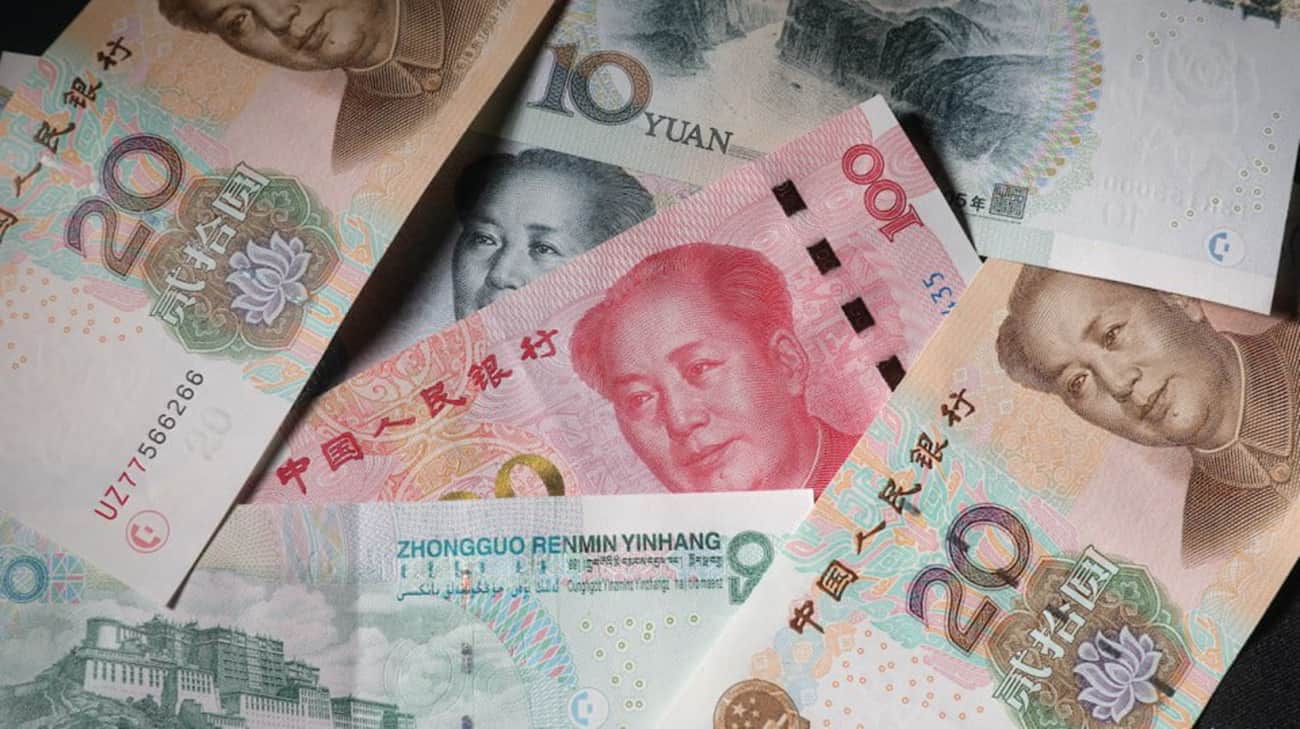Chinese yuan takes over Moscow Exchange after US sanctions
The Moscow Stock Exchange has essentially turned into a currency exchange office, with the Chinese yuan now being its primary currency following the imposition of US sanctions. Source: Russian online newspaper The Moscow Times Details: Russia's Central Bank reported that the yuan makes up 99.

The Moscow Stock Exchange has essentially turned into a currency exchange office, with the Chinese yuan now being its primary currency following the imposition of US sanctions.
Source: Russian online newspaper The Moscow Times
Details: Russia's Central Bank reported that the yuan makes up 99.6% of the Moscow Exchange's currency market, with the remaining 0.4% constituting "friendly" currencies like the Belarusian rouble and Kazakh tenge.
The yuan accounted for only 3.5% of currency transactions on the Moscow Exchange before the start of the full-scale war, but its share has skyrocketed since the imposition of sanctions.
Trading in the Turkish lira, which used to be seen as an alternative to dollars and euros, has also plummeted. Last year, the volume of lira trading reached RUB 50 billion (roughly US$571 billion) per month, but it has now collapsed by nearly 100-fold.
Background:
- In June, the US significantly expanded its sanctions list against Russia to include hundreds of new items, including the Moscow Exchange, which was forced to announce that it would cease trading in US dollars and euros on 13 June.
- The impact of the sanctions resulted in a surge in the cash rate for purchasing US dollars and euros at many Moscow bank branches. As of 21:30 on 12 June, the maximum order values were RUB 120 per US dollar and RUB 125 per euro.
- On 13 June, shares on the Moscow Exchange opened down by up to 15% amid the introduction of US sanctions.
Support UP or become our patron!


